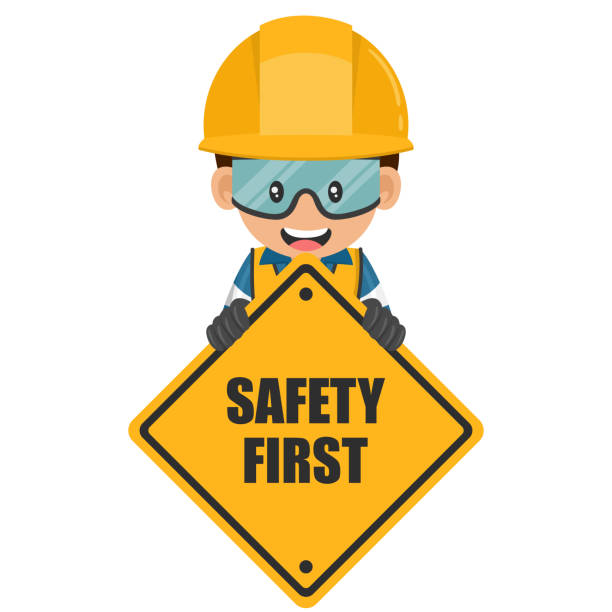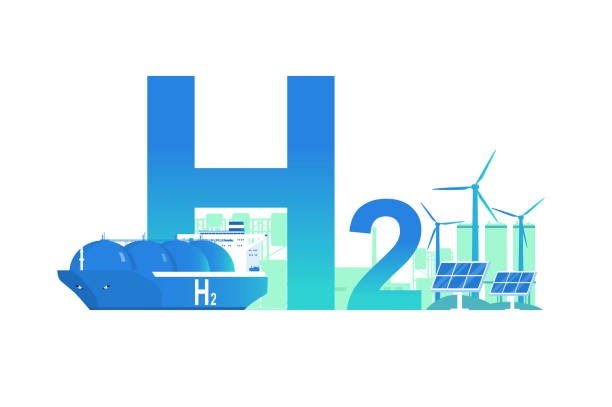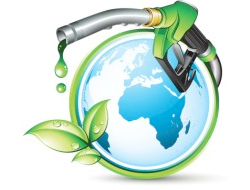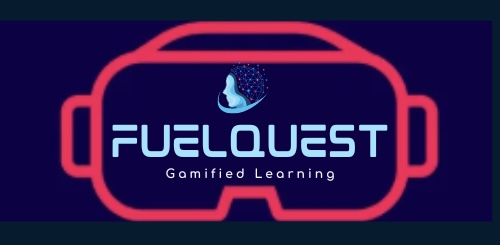
This course equips maritime safety instructors with advanced knowledge and practical skills related to the safe handling of alternative fuels on vessels. It combines online theoretical learning with hands-on practical training at the World Maritime University in Malmö, Sweden.
Participants will learn to effectively implement safety measures, manage emergency responses, and continually improve safety training curricula concerning alternative fuels.
Ideal for maritime safety instructors looking to enhance their expertise in alternative fuel safety.
Upon completion, participants receive a certification of proficiency from the World Maritime University.
- Teacher: Emzar GVARISHVILI
- Teacher: Mohammed Gaddafi MOHAMMED
- Teacher: Wafa Muneer Rashed MOMANI
- Teacher: Brian MUSINGUZI
- Teacher: Ibrahim YAHAYA

This course serves as an introductory exploration into the utilization of hydrogen as a sustainable alternative fuel in the marine industry. With growing concerns about climate change and environmental sustainability, there is an increasing demand for cleaner energy sources in maritime transportation. Hydrogen, with its potential to produce zero-emission propulsion systems, emerges as a promising solution.
In this course, students will delve into the fundamental principles of hydrogen production, storage, distribution, and utilization within the context of marine vessels.
- Teacher: Jonrey CALDERON
- Teacher: Aracelli Anne DE SILVA-LUCENECIO
- Teacher: Nassibu Nassoro KIOBYA
- Teacher: Agnes MATHEUS
- Teacher: Bakari Iddi NGOVI
- Teacher: Biran SENGHORE

Introduction to Alternative Marine Fuels (AMF 101) is the initial course on the use of alternative marine fuels (AMFs) in ship operations. This course will provide insight into three topics namely:
1. The background and rationale of AMFs in compliance with the 2023 International Maritime Organization (IMO) Strategy of Reduction of Greenhouse Gas (GHG) Emissions from Ships in support of climate change mitigation;
2. List of different Alternative Marine Fuels already in place in the maritime industry through the newly built vessels uptake and the initiative of shipowners to modify their vessels; and
3. Properties of Alternative Marine Fuels to discuss what are the different properties of these AMFs including their percentage of reduction of GHG emissions, advantages and disadvantages.
- Teacher: Marie Shermaine ANDRADE
- Teacher: Marlon BULAN
- Teacher: Haruna Dauda DANJUMA
- Teacher: Simon Peter KWESIGA
- Teacher: Zakiyyah Sulaiman MOHAMMED
- Teacher: Bryan Michel RISTIE

This course aims to equip learners with both theoretical and practical knowledge to understand the safety, environmental, and regulatory aspects involved in the use of alternative fuels in shipping. The course will be delivered through gamified learning, which will prepare learners to navigate the technological advancements in shipping.
- Teacher: Patricio Gabriel AYALA GUAMAN
- Teacher: Mao Tze BAYOTAS
- Teacher: Jasmine Deneen BELLINI
- Teacher: Ryo HIWATASHI
- Teacher: Chiedozie Enyoka NJOKU
- Teacher: Cakra Prapanca YUDA
